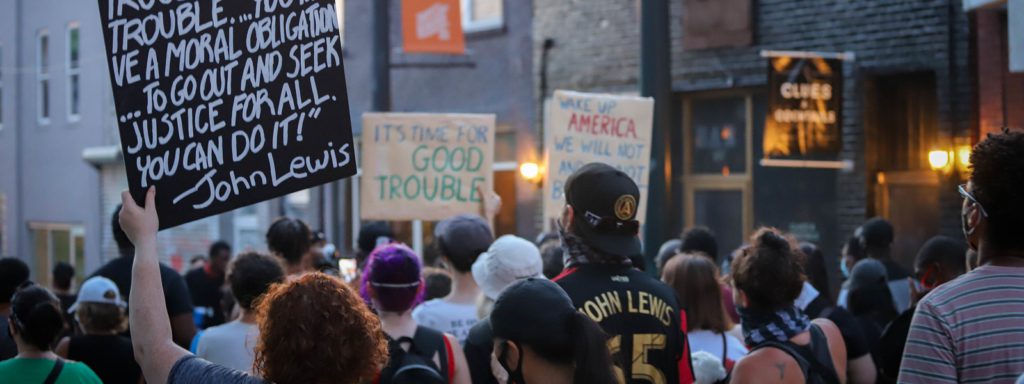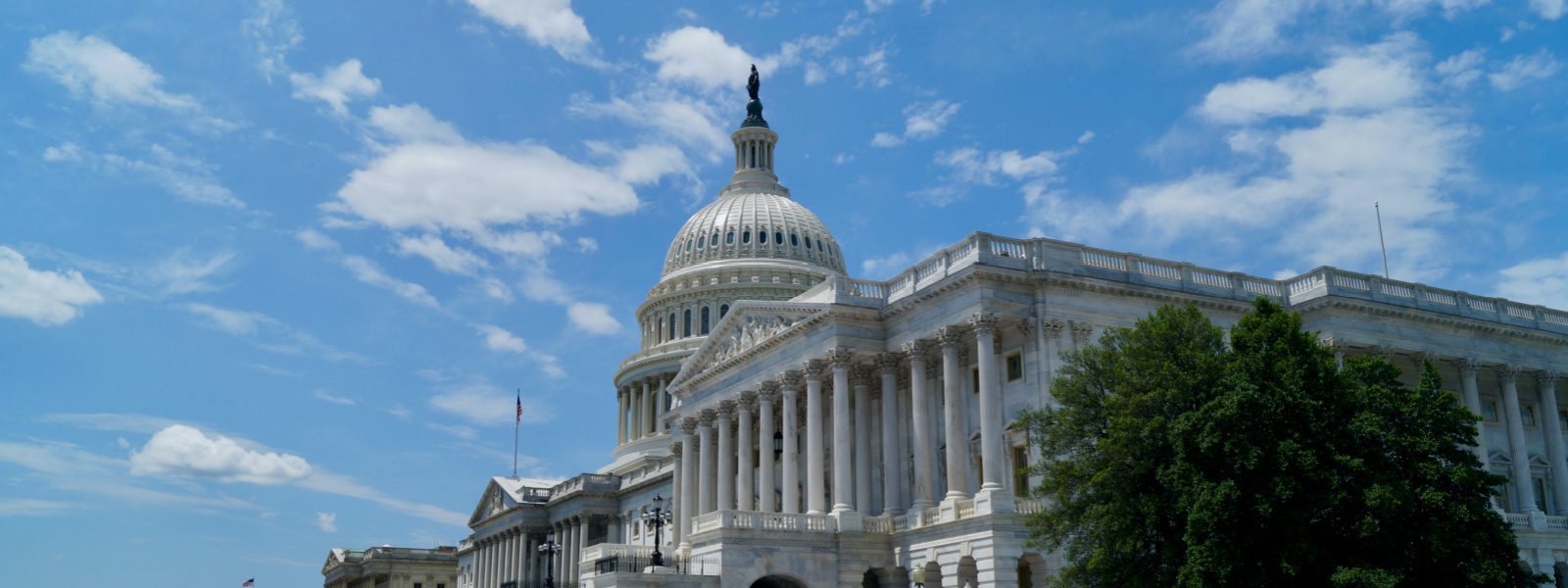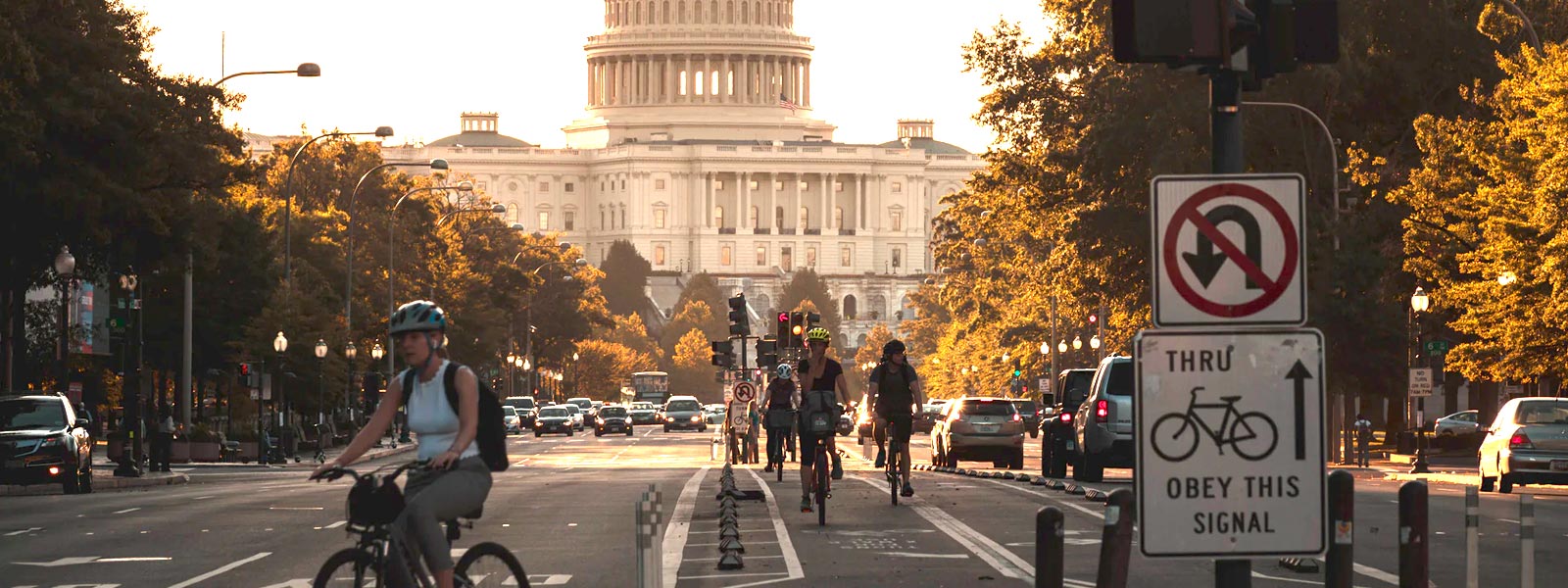There is something universally recognizable about the resilience of the human spirit. We all fall short and we all make mistakes, but there are also those who remind us that we are capable of creating the sort of good trouble necessary to move our country forward. John Lewis embodied that spirit. It’s the reason that people from all backgrounds and political persuasions paused upon his death to honor the man. It is also the type of human spirit we should all try to embody more often.
As I reflected over the weekend about John Lewis’ time on earth and the legacy he leaves behind, I also thought about the 63 million volunteers in the United States who embody this same spirit. I remember a viral video in March at the height of COVID-19 of a woman diligently handing out food to people experiencing homelessness, despite the risk she put herself in. Or watching volunteers from area houses of worship in Washington, DC handing out water to protesters heading toward the Black Lives Matter marches. Today, we released the highly anticipated Value of Volunteer Time because in a world that values currency, it reminds us that these volunteers are worth at least $187 billion to our communities. But volunteers’ spirit and what they provide to every person they meet is worth so much more.
Legendary people like John Lewis and our nation’s volunteers remind us that there is always something we can do to help achieve the change we seek. As a young man, John Lewis fought in the middle of it. He was on the ground. He spoke many times of how proud he was of young people in the Black Lives Matter movement. And he reminded us that young people are always the energy propelling all of our movements. John Lewis was only 23 when he gave his impassioned speech at the 1963 March on Washington. Another revolutionary in the news lately, Founding Father Alexander Hamilton, was 21 at the signing of the Declaration of Independence. John Lewis, like many revolutionaries before him, also knew that to make change, he would have to team up with an institution to create the monumental systems change he sought. He knew that good trouble could be made from the halls of Congress just as much as on the streets of Georgia, Mississippi, or Tennessee where he was famously and repeatedly arrested.
It has been a very tough five months for our sector and our country. I know we aren’t close to the end of the battle with this pandemic, and navigating the crisis will continue to stretch all of us. But there is always hope to take what we’ve learned and do better in the future. Currently, advocates in the sector are pushing hard on Congress to pass legislation that will help the sector and the communities we serve. Over the last week and into the coming weeks, we are pushing on policymakers to provide more relief for our nation’s nonprofits, ensure safe voting and elections, increase funding for the 2020 Census, and provide access to internet services that will help close a digital divide exacerbating disparities around educational achievement, voter participation, economic mobility, and countless other nonprofit priorities.
I’m sure you’ve read this quote a lot over the last few days, but it so perfectly captures the lesson that I certainly take from John Lewis’s life:
“Do not get lost in a sea of despair. Be hopeful, be optimistic. Our struggle is not the struggle of a day, a week, a month, or a year, it is the struggle of a lifetime. Never, ever be afraid to make some noise and get in good trouble, necessary trouble.”
I hope you find some way today to stay optimistic, make some good trouble, and take action toward the change we seek.



